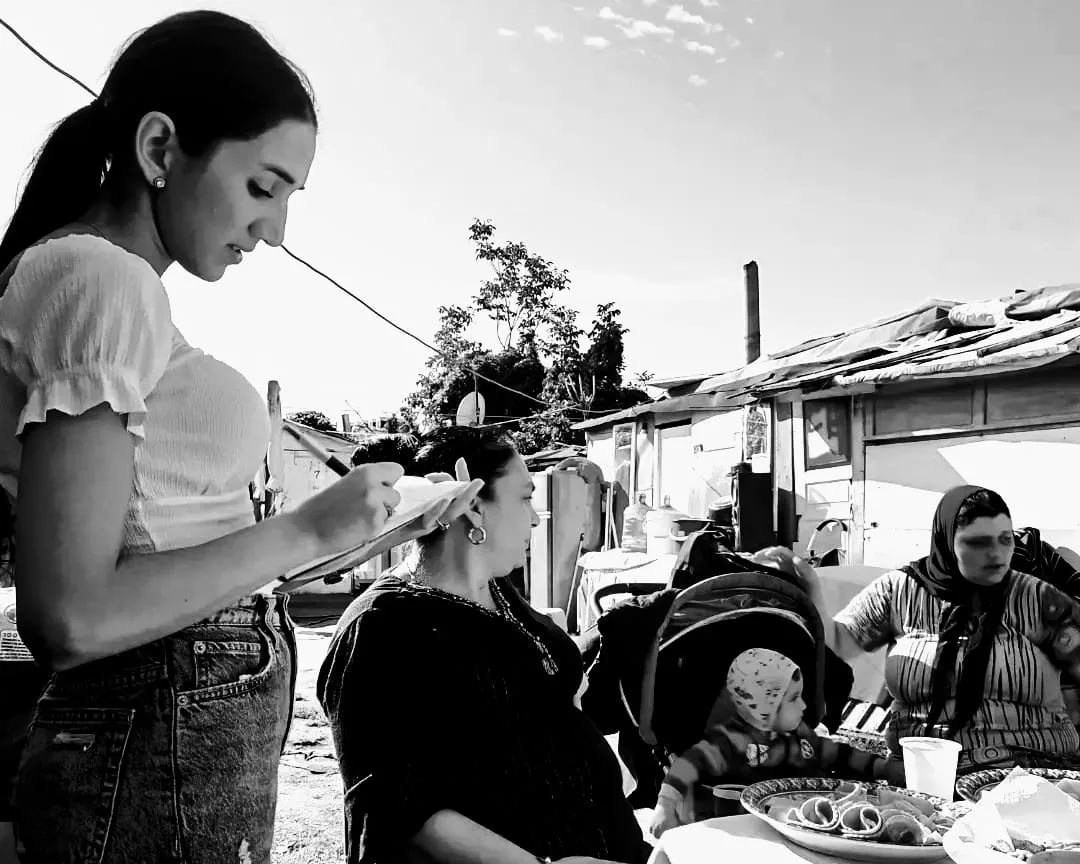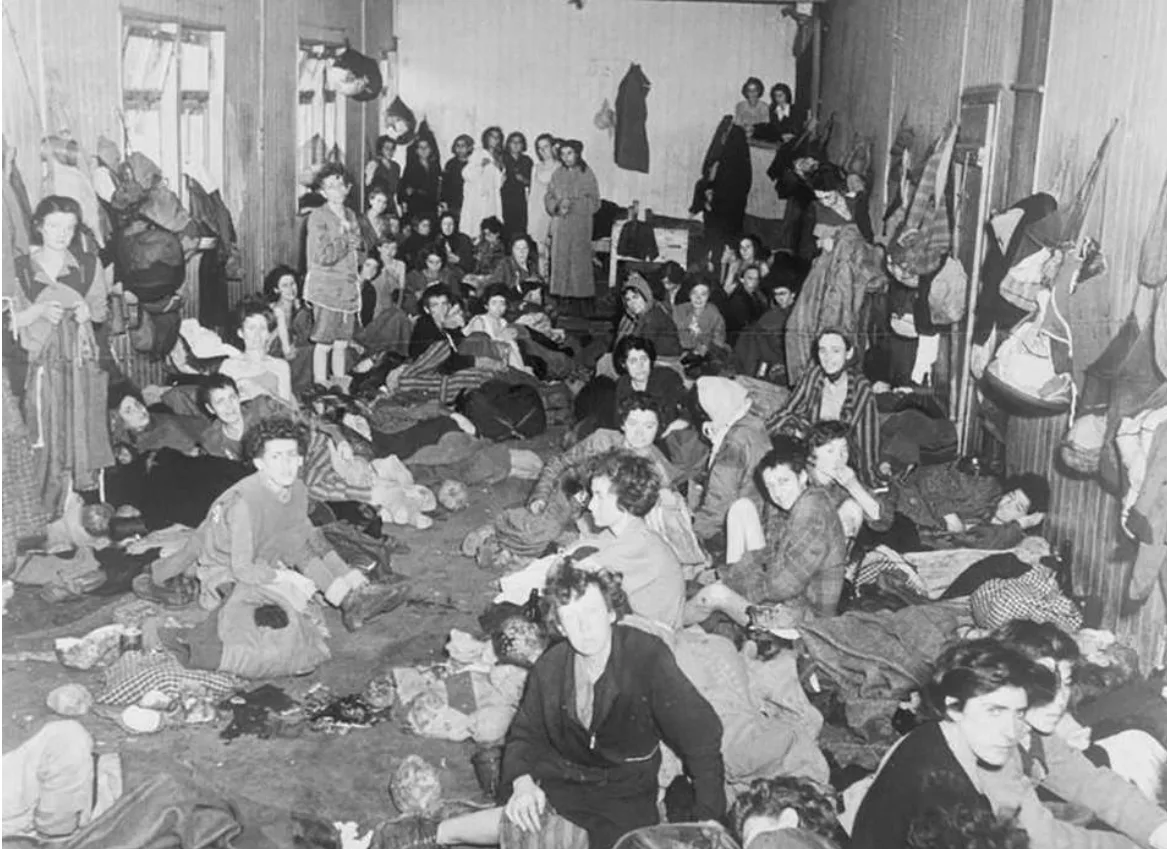Battle story
The battlefield is the hearts of the people
By Pierre Chopinaud
(Previously
After the joy of having accomplished a brilliant feat together, a great action, where each person had been able to play their part to the best of their ability, where each person had given the best of themselves, overcome their fear, for all the others; after having received numerous messages of support, encouragement and congratulations from all over France, the members of the collective had to realize, after a few days, a few weeks, that on at least one point they had failed: they had not seen the wolf coming out of the woods.
“
“The pressure was beginning to mount. It was a chemical reaction. It was our actions that had caused it to mount: we had begun to affect the balance of power and tip it.”
After the major public launch event recounted in the previous episode, the drama of the mothers’ collective had entered, thanks to France 5, Mediapart, and Kombini, into the homes of ordinary people: “What? In France, in 2024, “we” prevent children from going to school because they are poor?”
But this “we” wasn’t “the big bad wolf” of the story: Mr. Rector. The mothers’ collective hadn’t managed to give him a name and a face. He was still hidden in the darkness of his woods. He hadn’t shown his nose or his tail, and even less had he granted the meeting requested by Mirela, the leader of the collective, during the action. When a target isn’t visible, it means your arrow hasn’t hit it, it even means you’re having trouble aiming at it. “We”: that’s no one. You can’t shoot an arrow at “no one.” On the other hand, a number of powerful people felt targeted. The discriminatory structure had been affected.
The mayors of the cities implicated in the complaint and about whom some media outlets had reported; but also the heads of the public administration responsible for combating poverty. The arrows had not fallen in the desert. The rector may have dodged, but other officials had been affected. Or perhaps: he had been hit but had sent others to expose their wounds.
“And there are no privileges without the dispossessed. What some enjoy is always what others are deprived of. The structure organizes this inequality.”
It was then that Lucile, one of the members of the leadership team, began receiving calls from public administration bureaucrats in her office. The tone ranged from friendly advice, “that’s not how it should be done,” to threats: “We’re going to cut the public subsidies you receive.” The pressure was beginning to mount. It’s a chemical reaction. It was the mothers’ collective whose actions had increased it: the collective had begun to affect the balance of power and shift it.
When power threatens, it’s worrying, but it’s also a good sign: it means the campaign is effective. It means that the offended who took action have already built power. We must evaluate the response, consider it, and adapt. Above all, we must not give in.
When we act to bring about structural change, the structure defends itself, and if the structure stirs, it’s because it has been affected. The more we affect it, the tougher it becomes, the more those who enjoy the privileges it grants them feel threatened. And there is no privilege without the dispossessed. What some enjoy is always what some are deprived of. The structure organizes this inequality.
“The change was not complete. But the weapons were still well loaded.”
ref. The threat was still too low for the mothers’ collective to change course, and its members felt a sense of unfinished business: the goal of the big launch event was to be received by the big bad wolf who hadn’t deigned to show up.
Moreover, the problem remained: every week, parents were denied school registration for their children at the town hall in the 93rd arrondissement. Always for the same reason: they lived in a squat, a shantytown, or on the streets. Always by the same means: a document was missing from their application: the document was impossible to obtain. Always in the same illegal situation. The law was on the side of the mothers. Change wasn’t complete. But their weapons were still fully loaded.
So the heroines, the mothers of the collective, went back into battle. And since their weapons were the right ones, they won every time: the town hall employees and elected officials gave in to the fear of being convicted by the courts and singled out in the press for having prevented a poor child from going to school. And each time, it was the little girls who filled their mothers’ hearts with joy and pride, that is, with power. The pressure continued to mount, and Lucile’s phone in her office continued to ring. In the woods, the bad guys were stirring; the advice and threats from the public administration bureaucrats were getting closer and closer.
Until one winter day, a few months after the big back-to-school campaign, everything was on the verge of collapse. While the collective of mothers was at the height of its power, while each one’s heart was swollen with love, joy and pride, while each one felt the great victory approaching, a reversal led them to the brink of defeat….
(More in the next episode….)


